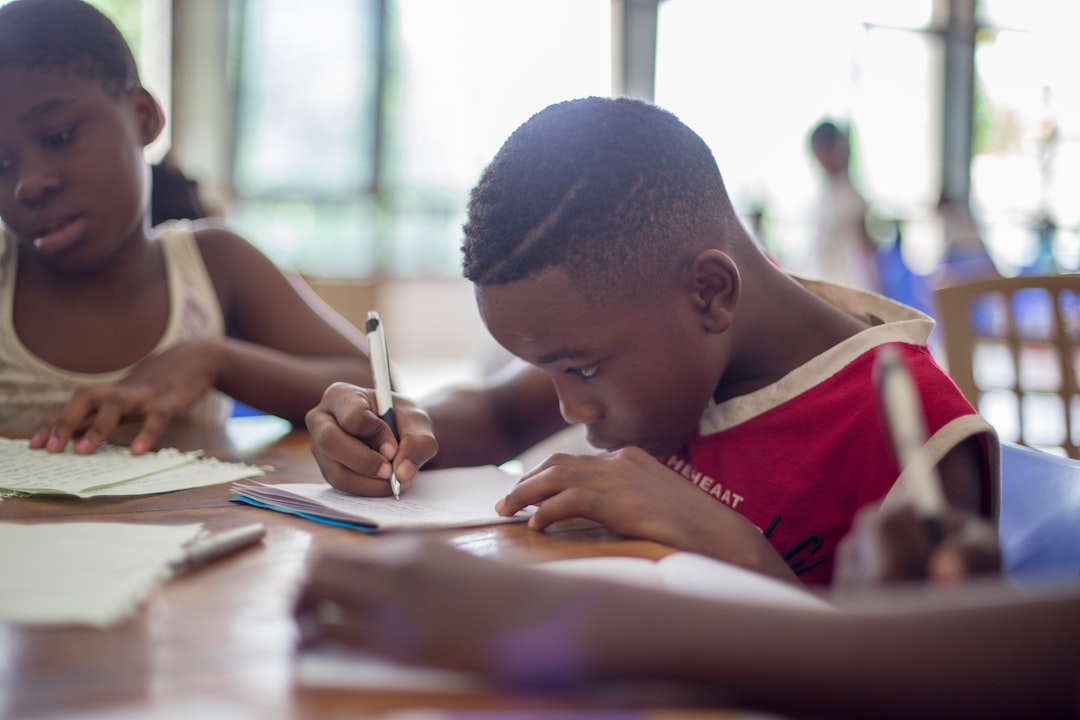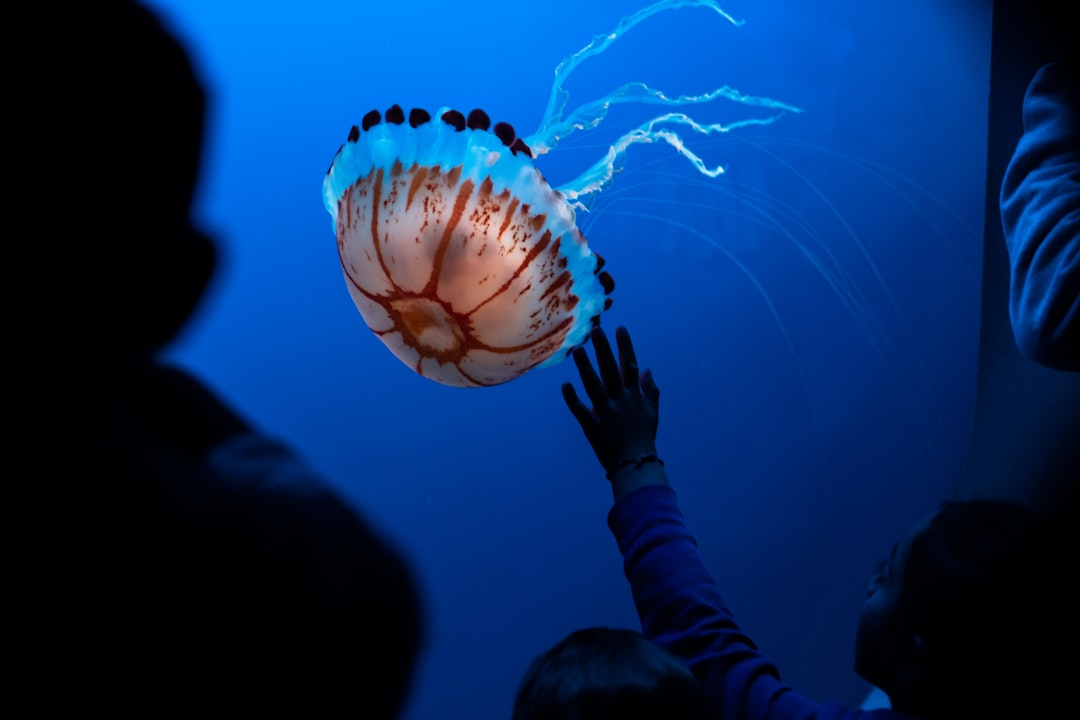#62: Three Things that got me thinking
👩👦Parent in the present + 🌱Alasdair Gray + 😮reclaiming wonder
Hello reader,
Here are Three Things that made me think about intrinsic motivation lately. After last week’s post about school shootings, this week is a brighter read, all about kids: the ones we care for, and the ones you and I once were.
Advice for parents who (say they) want to foster their child’s intrinsic motivation
A quote to remember our childlike joy and freedom
A guide to reclaiming, or preserving childlike wonder
1. Misnaming
On 27 May, a letter writer asked Slate’s parenting advice column Care and Feeding how to boost a child’s intrinsic motivation:
My first grader lacks intrinsic motivation for… basically everything. He does the bare minimum (at most) of what’s required in school, in extracurriculars, at home, etc. He is a generally happy, playful, smart and athletic kid, so any natural consequences of this “bare minimum effort” haven’t caught up with him yet. Do you have any tips or tricks to inspire him to care more? I want to avoid nagging and creating only external motivators/demotivators (like rewards and consequences). How do I build his intrinsic motivation to try harder?
Who decides if and what he should “care more” about, or “try harder” at? What about leaving that “happy, playful, smart and athletic kid” be? Rebecca Onion says it with more panache when she urges the writer to “parent the child who is in front of you”:
Maybe he just hasn’t found the thing, yet, that presses him to put forth his maximum effort. Or maybe he never will! If he’s happy and healthy, and responsible and kind, does it matter?
More broadly: it isn’t totally oxymoronic (what a delightful word!) to try and foster another person’s intrinsic motivation from, well, the outside, in particular if that person is your child (or employee, or student). There are conditions that can help intrinsic motivation to flourish, which involve a good deal of stepping back1.
But when I read another parent say about her daughter, who is struggling with her second-grade homework:
I hate feeling like I’m forcing her to do this extra work when I don’t believe there’s a real benefit to most of it, but I’m a rule follower and so, if the teacher assigns it, we make sure she does it. We’ve tried to build some intrinsic motivation in the form of being proud at being able to do hard things and persevering even when some tasks aren’t fun, etc., but I’m honestly not sure how much that’s helping.
I get a little worried that “intrinsic motivation” is becoming a misnomer for “the will to do what we adults want them to do”.

2. Hopeful and free
This quote by Scottish author Alasdair Gray on the walls of Hillhead Underground station, in Glasgow. (Thank you Paul for sharing it initially.)
3. Beyond curious
I consider myself a curious person—I ask questions and cross-check sources for a living! But this piece by Yale psychologist Frank Keil in Psyche has made me think about how I could stretch my sense of wonder and restore a childlike joy in discovery.
Wonder, as I describe it here, is more than the sort of curiosity that motivates someone to seek a simple factual answer […]. Wonder moves someone to seek out explanations – especially about the patterns of cause and effect that underlie phenomena. […] It invokes conjectures about ‘how’ and ‘why’. It might even launch speculations about different possible worlds. Wonder motivates targeted explorations and discoveries.
Some of Keil’s suggestions, like exploring anomalies and contrasts, or asking open questions rather than closed ones, felt familiar. Other suggestions have left me stumped (at first):
Ask yourself: have you learned anything new in the past month that has changed how you view or understand some aspect of the world?
or scared, frankly:
The next time you find yourself disagreeing with a friend, try to embrace that disagreement as an opportunity to learn and communicate.
I doubt I will create detailed checklists as the article suggests, but I feel more alert and hopeful that we can stave off the decline of wonder as we age.





